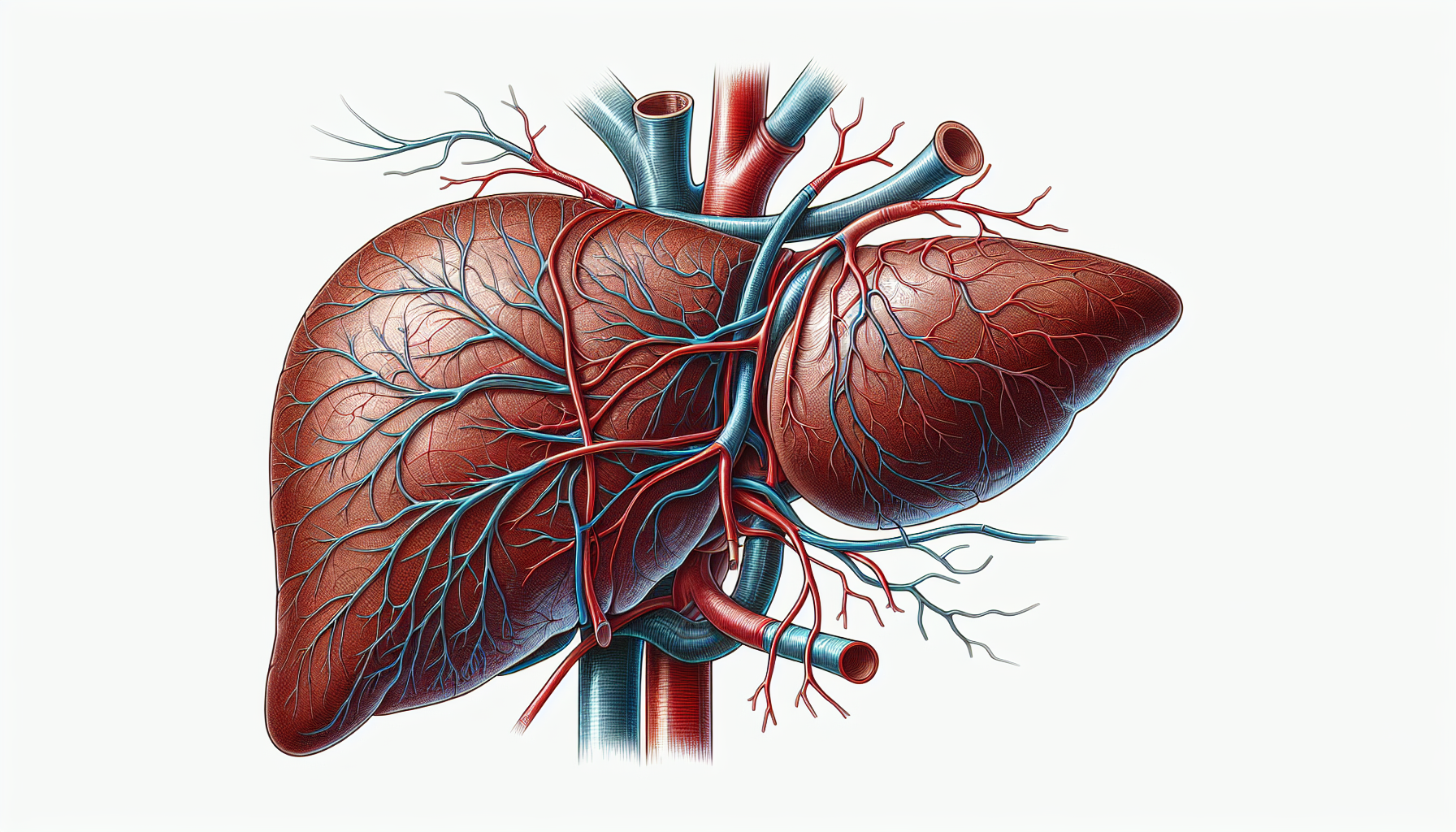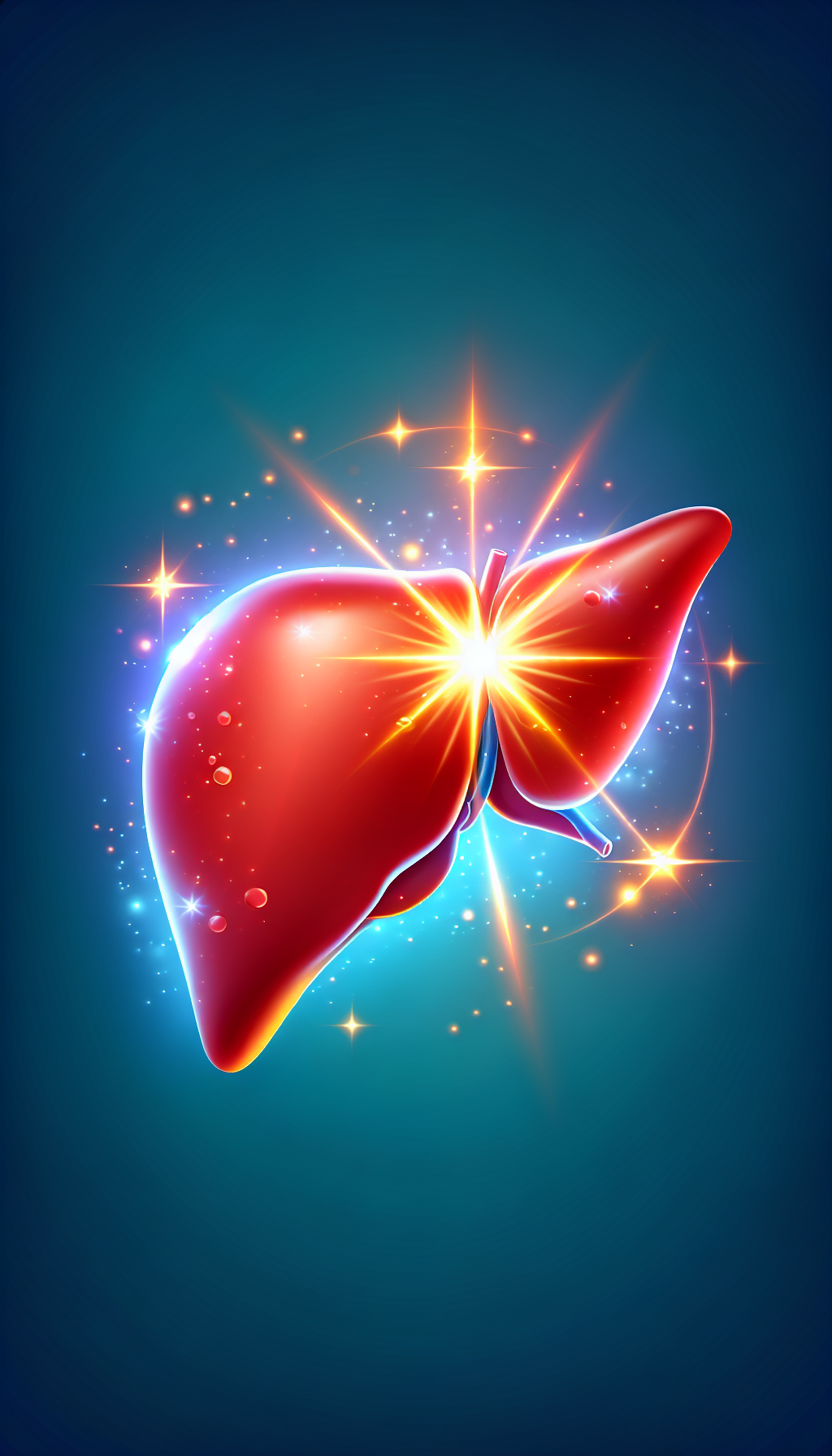The liver, a vital organ in the human body, serves as the primary detoxification center. It is responsible for the filtration of toxins from the blood, producing bile for digestion, and storing essential nutrients. Its health is paramount for overall well-being, and understanding how to maintain its optimal function is crucial for effective toxin elimination.
The Liver’s Role in Detoxification
The detoxification process involves two main phases: modification and excretion. In the first phase, the liver transforms toxic substances into less harmful ones, and in the second phase, these modified toxins are made water-soluble for elimination via urine or feces. This intricate system can be compromised by factors such as poor diet, excessive alcohol consumption, and exposure to environmental toxins.
Diet and Liver Health
A balanced diet plays a significant role in supporting liver function. Foods rich in antioxidants, such as leafy greens, berries, and nuts, contribute to the neutralization of free radicals, thus protecting liver cells from damage. Additionally, fiber-rich foods aid in the elimination of toxins from the body.
For more on optimizing digestive health, which directly impacts liver function, visit Digestive Health.
Avoidance of Harmful Substances
Alcohol and drugs can be particularly harmful to the liver, as they require extensive processing, which can lead to liver cell damage over time. Limiting intake of these substances is crucial for maintaining liver health. Moreover, being mindful of over-the-counter medications and their effects on the liver is important, as certain compounds can be hepatotoxic.
Liver Cleansing Supplements
Certain supplements are thought to support liver health, such as milk thistle, dandelion root, and turmeric. These may help to reduce inflammation and enhance the detoxification process. However, it is essential to consult with a healthcare provider before starting any new supplement regimen.
To explore the proper use of supplements for health maintenance, refer to Medication & Supplements.
Hydration and Liver Function
Adequate hydration is essential for the liver’s detoxification process. Water helps to transport toxins out of the body and ensures that the blood, which the liver filters, flows properly. Drinking enough water is a simple yet effective strategy for supporting liver function.
Regular Exercise
Exercise can boost liver health by improving metabolism, reducing inflammation, and facilitating the shedding of excess fat from the liver. Obesity is a risk factor for non-alcoholic fatty liver disease (NAFLD), a condition characterized by fat accumulation in the liver, which can lead to liver damage.
Monitoring Liver Health
Regular check-ups can detect early signs of liver dysfunction. Blood tests that measure liver enzymes can indicate liver stress or damage. For those at higher risk, such as individuals with a history of liver disease, more frequent monitoring may be necessary.
Understanding Related Health Conditions
The liver is interconnected with various systems within the body, and its health can be influenced by other conditions. For instance, cardiovascular health is linked to liver function, as the liver processes fats and helps regulate cholesterol levels.
To read about the connections between liver and cardiovascular health, see Cardiovascular Health.
External Resources for Further Reading
- The American Liver Foundation provides extensive information on liver health and disease prevention.
- The National Institute of Diabetes and Digestive and Kidney Diseases offers resources on various liver diseases and their management.
- The British Liver Trust is a valuable resource for understanding liver health and the latest research in the field.
Additional Supportive Measures
Mindfulness and Stress Reduction
Stress can indirectly affect liver health by exacerbating lifestyle habits that are harmful to the liver, such as overeating or increased alcohol consumption. Mindfulness and meditation practices can be beneficial in managing stress levels.
To learn more about the benefits of mindfulness for health, visit Benefits of Mindfulness Meditation for Digestive Health.
Herbal Remedies
Herbs like milk thistle and artichoke leaf have been traditionally used to support liver health. While evidence for their efficacy varies, they are popular in herbal medicine for their potential hepatoprotective properties.
Reducing Environmental Toxins
Minimizing exposure to environmental toxins, such as pesticides and heavy metals, can reduce the burden on the liver. Using natural cleaning products and personal care items can be a step towards decreasing daily toxin exposure.
Conclusion
Maintaining liver health is a multifaceted endeavor that involves a balanced diet, regular exercise, mindful substance use, and routine medical checks. By understanding the liver’s critical role in detoxification and implementing lifestyle changes, individuals can support their liver in its vital functions, thereby enhancing their overall health and well-being.



